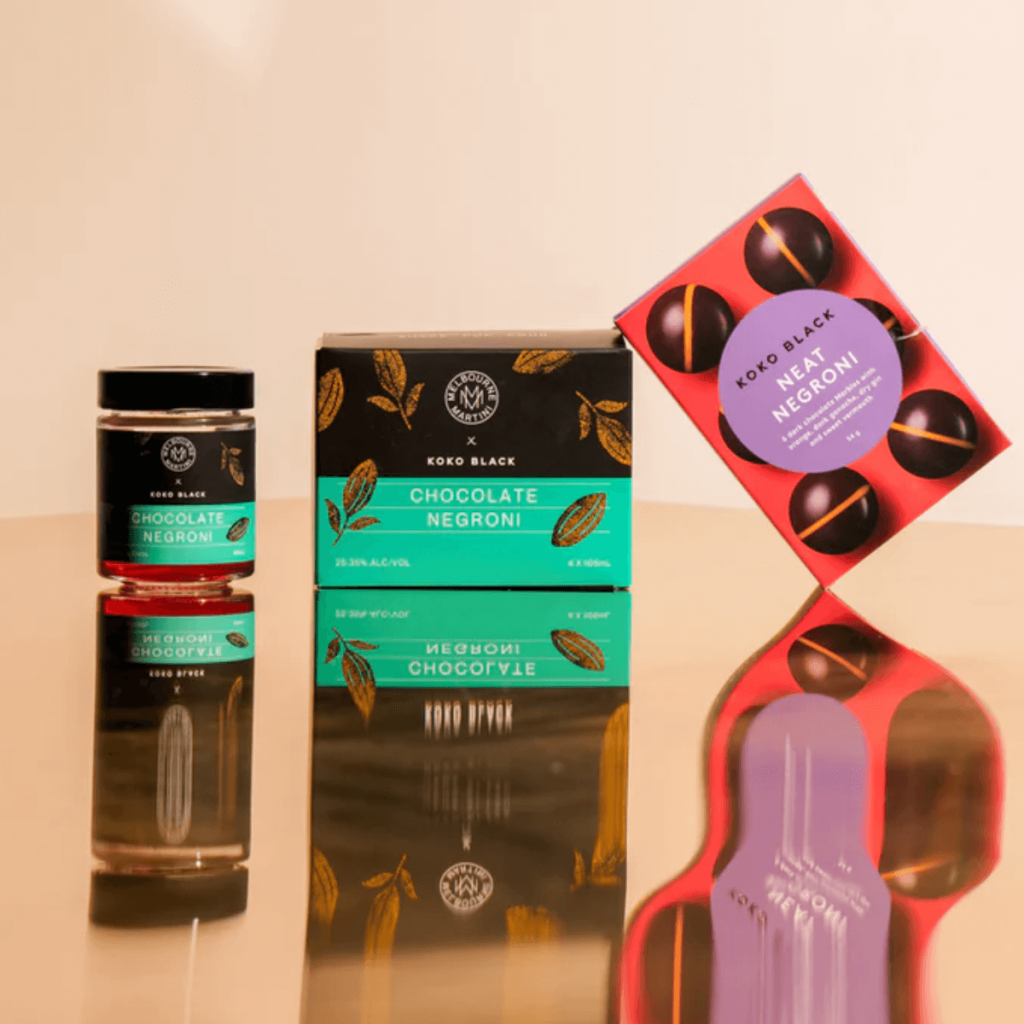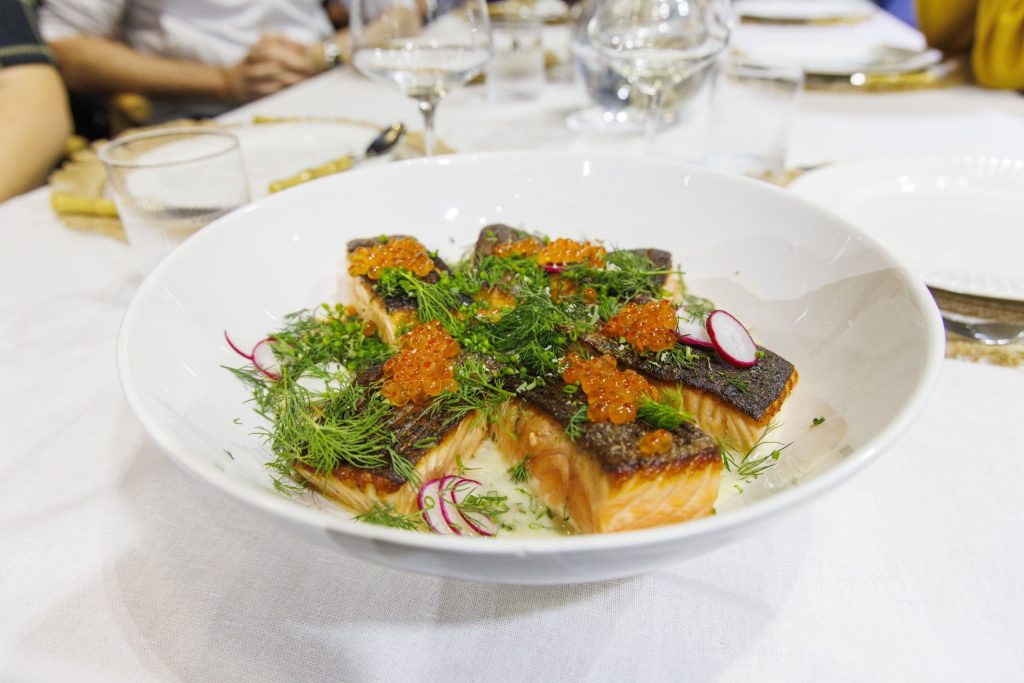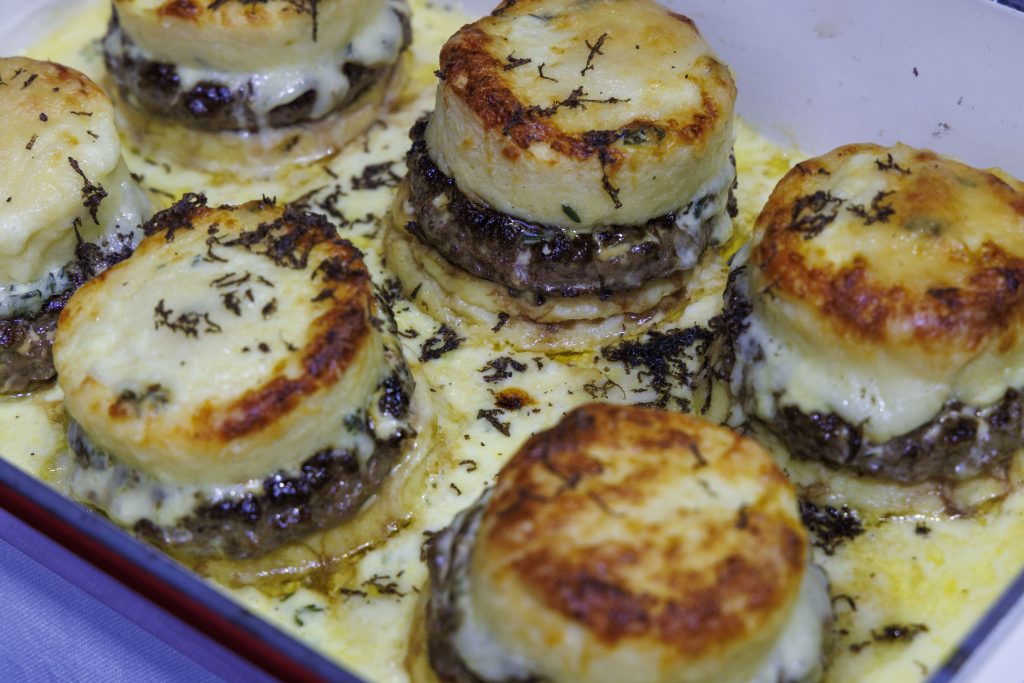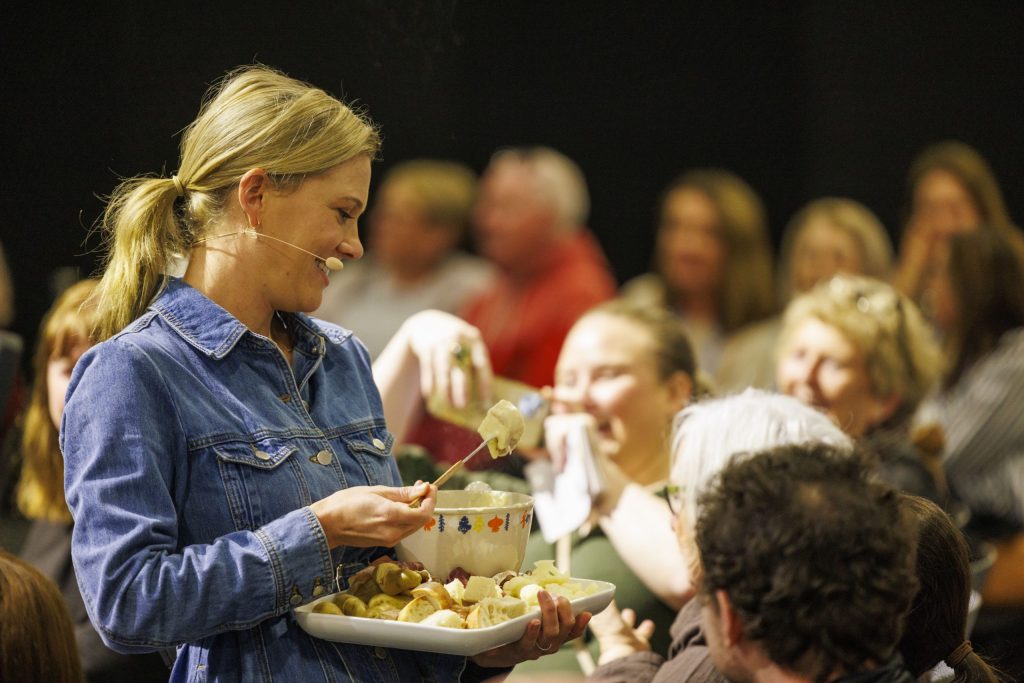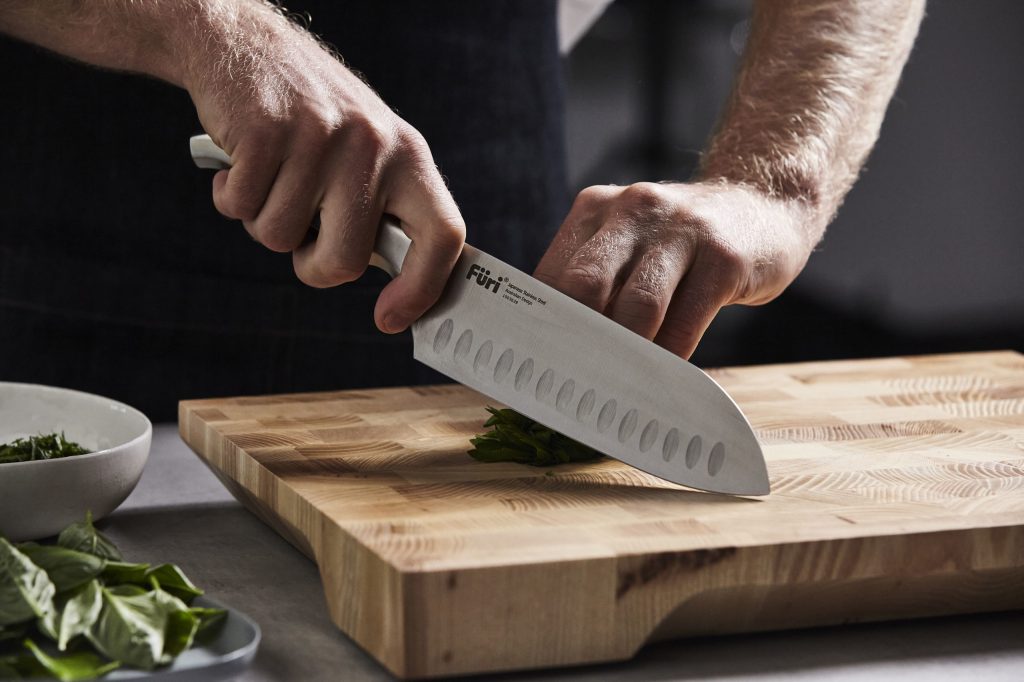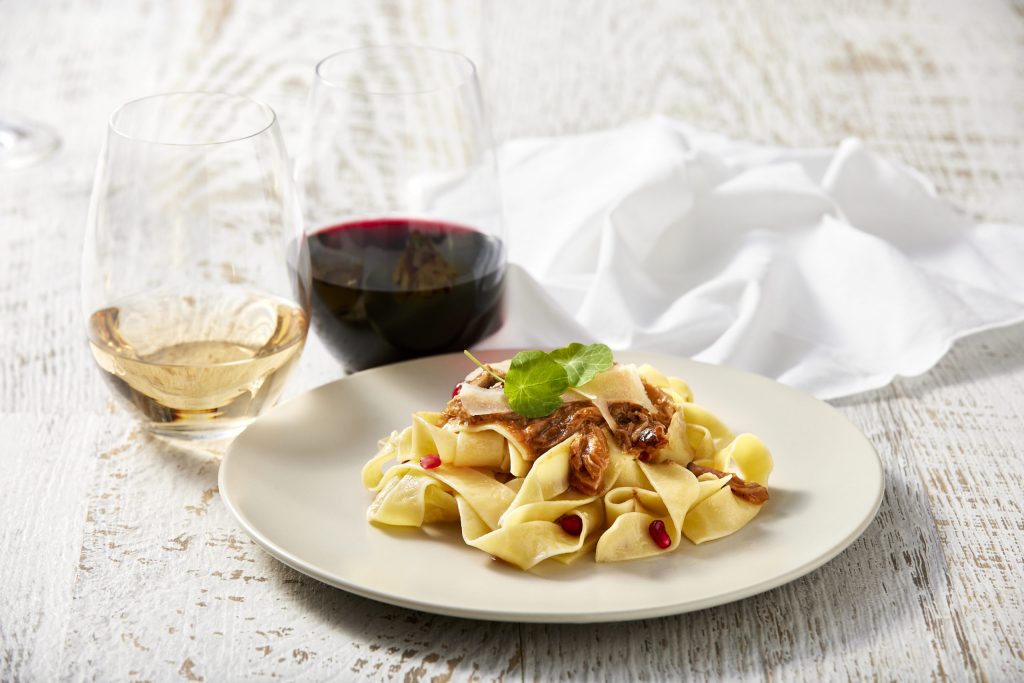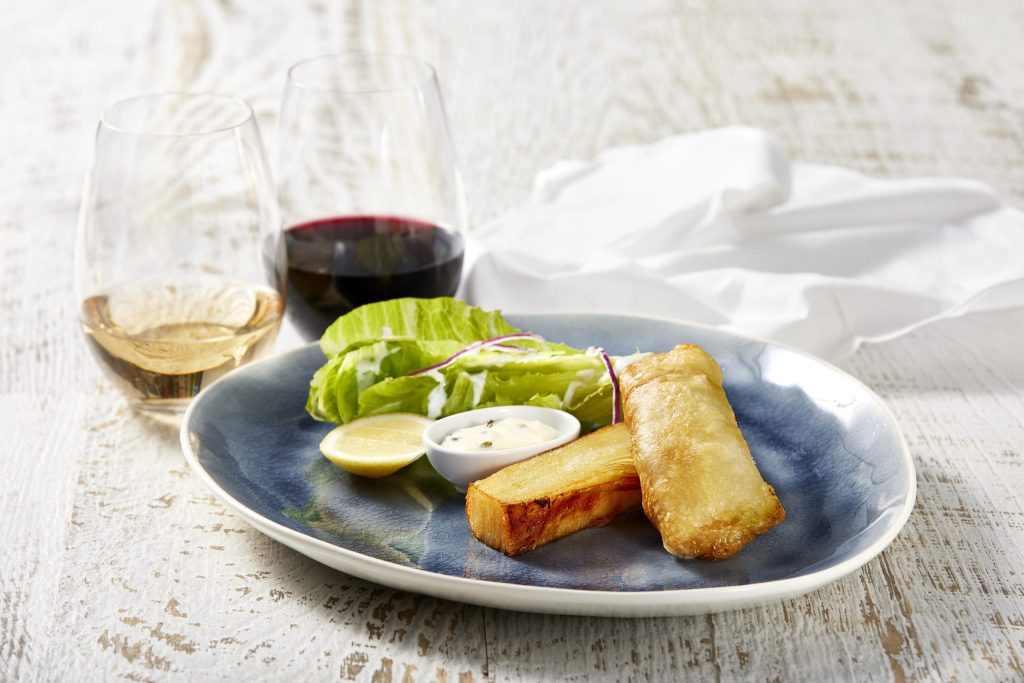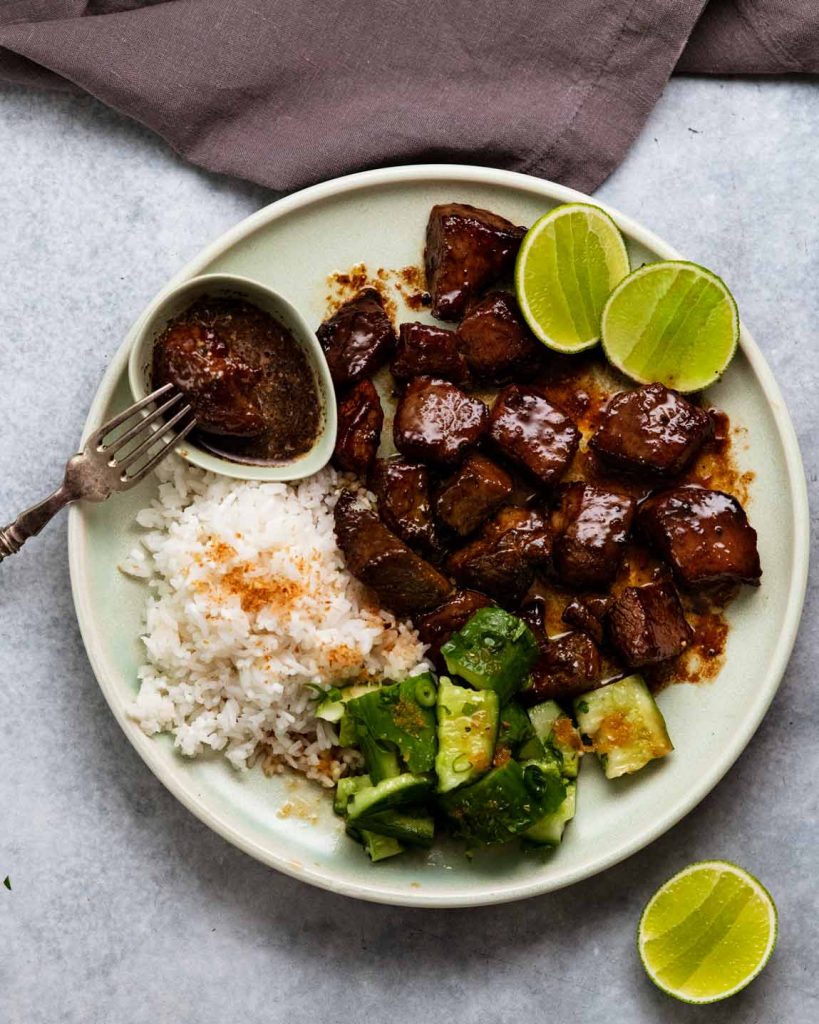Seasonal Produce – March
Published 01 Mar, 2016Peaches
Peachy keen peaches are lusciously fragrant and juicy stone fruits, from the same family as plums and apricots. Their soft fuzzy skin is dappled in the colours of autumn, from yellow to deep reds, while its flesh is yellow and studded by a large seed.
Native to China, peaches have a strong significance in many Asian cultures where it is often referred to as the fruit of happiness, riches, and longevity. Peaches are a rich source of vital minerals such as potassium for a healthy heart, fluoride for strong bones and teeth, and iron which is required for red blood cell formation. Peaches are also a good source of vitamin A, C and B carotene.
When buying peaches look for ripe fruits that yield gently to pressure and have a sweet aroma. Some peaches may have a slight whitish ‘bloom’ on the surface and this is actually a great indicator of freshness and a fruit that has not been over handled.
Enjoy peaches fresh and whole, sliced into fruit salads or topping your breakfast cereal. The fragrant flavour of peaches makes it a dream for sweet dishes such as crumbles, cakes, pies, tarts and jams. However, peaches are also a great complimentary flavour to savoury dishes. Try grilled peach slices in a chicken salad, or paired with prosciutto and goats cheese on bruschetta.
Limes
This zesty citrus has vibrant green skin and light green flesh. There are many varieties of limes but you are most likely to find Tahitian and Mexican on Australian shelves.
Limes keep for ages. Store out of direct sunlight for up to two weeks, or in the crisper of a fridge for up to one month.
Limes have a strong citrus flavour and you don’t need much to inject some serious flavour into any dish. Add lime juice and lime zest to cakes, tart fillings, custard, stir-fry’s, curries, or marinated fish. For a fresh Moscow mule, crush a slice of lime in a glass and top with ginger beer and vodka.
Broccoli
Enemy to children everywhere, broccoli may take a while to warm to, but it’s worth it for the powerhouse of nutrients this super food provides. Broccoli is high in vitamins A and E, folate, calcium and iron. It has even more vitamin C than oranges.
The compact head of broccoli is actually made up of hundreds of tiny flower buds. To keep broccoli fresh, store it in the fridge for up to three days.
Broccoli can be steamed, fried or blanched, but it’s best not to overcook it to avoid a mooshy texture and smoky flavour. Try florets as a side dish, add to stir-fries, blend into a soup, or add to salads, quiche, pasta and curries. And don’t forget that you can eat the stalk as well so nothing goes to waste!

